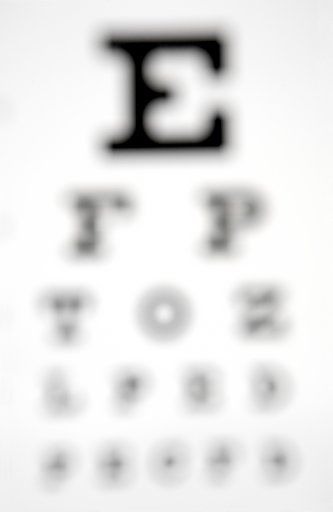OLYMPIC BOBSLEDDER RECOVERS FROM VISION LOSS TO MEDAL AGAIN AT SOCHI

Most of us would be devastated if we gradually started to lose our vision early in life. Imagine what it must be like for an Olympic athlete whose career is focused on piloting a 1,200 pound bobsled down an icy track at upwards of 150km/hr?
For Steven Holcomb, a member of the 4-man US Olympic Bobsled team, no imagination was necessary – he lived it.
Diagnosed with keratoconus (an eye disease involving a progressive thinning and distortion of the cornea) at an early age, Steven battled depression and even survived a suicide attempt as the prospect of losing his place on the American Olympic team loomed closer. While not every case of keratoconus leads to blindness, Holcomb had a particularly aggressive form of the condition. As his eyesight worsened he tried everything and visited several specialists, none of which could do anything to improve his vision. To avoid getting cut from the team he kept his condition hidden, and memorized eye charts to be able to pass the mandatory vision tests for athletes. Eventually his vision was so bad he began to fear for the safety of his teammates who entrusted him to get them to the finish line in one piece.
In 2008 Holcomb met Dr. Brian Boxer Wachler, an eye surgeon in Beverly Hills, who performed a new procedure called corneal cross-linking. This involves the application of Riboflavin, a type of vitamin, to the surface of the cornea, then exposing the cornea to UV light for 30 minutes. The result is that the corneal tissue becomes strengthened and the progression of the keratoconus is slowed or halted. Combined with another procedure involving an implantable contact lens, Dr. Boxer Wachler was able to restore Holcomb’s vision to 20/20 without the need for glasses or contact lenses.
The rest is history. Holcomb went on to lead his team to a Gold medal in the 2010 Olympic Games in Vancouver, and won the bronze for the same event in Sochi. “Getting my eyes fixed was literally like my first gold medal,’’ Holcomb said. “It changed my life. It just gave me hope again.”
While Holcomb’s case is not typical, corneal cross-linking has changed the way we manage keratoconus in our patients. Many of our patients with evidence of progression are candidates for the procedure, which in Calgary is performed by Dr. Ahmed Al Ghoul at Seema Eye Care.
Source: http://www.today.com/sochi/olympic-bobsledder-overcomes-depression-eye-disorder-create-lasting-legacy-2D11837794
-Dr. Tom Wilk
